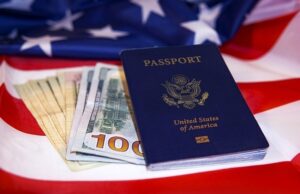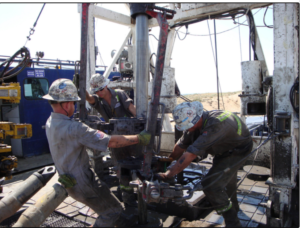Most lies and liars are amazingly transparent. To a trained and experienced embassy official, they can spot them a mile away.
But in addition, the US has impressive access to data worldwide, and computers which can process it very quickly. You may have heard of the term “big data”. It refers the fact that we are able to amass huge amounts of seemingly unrelated facts, give it to a computer, and come up with some correlations nobody ever expected.
In terms of immigration processing, what this allows the US to do is check the visa applicant’s data against a world-wide database that shows correlations that never would have been noticed 50 years ago. Suspect statements are then subjected to confirmation, and if they can’t be confirmed, the application will be denied.
This is politely called “administrative processing”. It’s the security check. Sometimes confirmation can take a long time, especially if it requires the cooperation of a foreign entity that is bureaucratic, slow, or non-cooperative. For this reason, its best not to volunteer too much information – you might inadvertently cause an unnecessary confirmation. But any absence of required data, or answers that don’t quite match what is in the database, will surely cause a problem.
Outright lies? They are easily caught.




